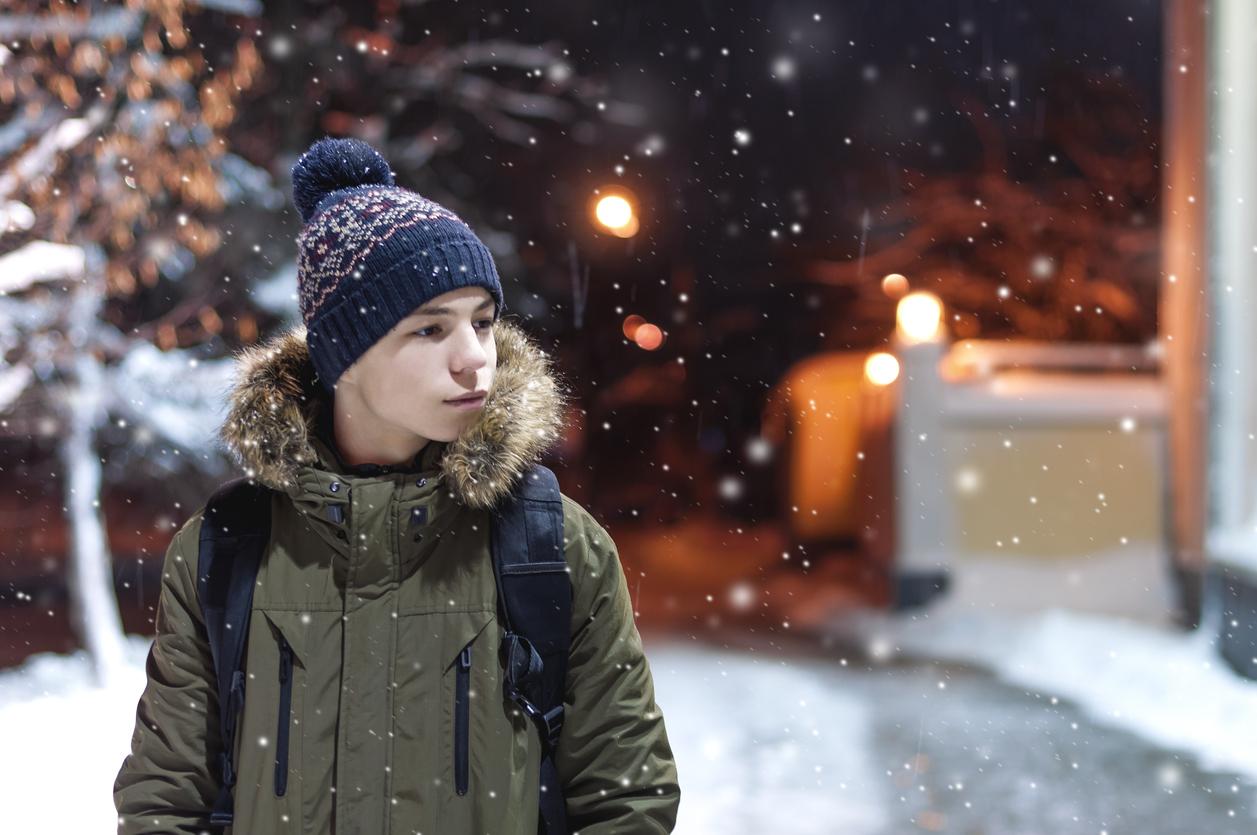For many, confinement gives a new dimension to family vacations. The opportunity to take stock, to communicate, and to meet. In order to better manage the relationship between everyone, taking into account the needs and the arrangement of separate times are essential.

Every year, Sophie, 50, goes on summer vacation with her husband and two daughters, aged 22 and 18 respectively. If the confinement turned out to be slightly “tense” at first, the family living in a Parisian apartment with no outdoor space, the experience went well overall.
“It didn’t make me reconsider the summer vacation, though.indicates the hairdresser. On the other hand, it’s good that my youngest daughter only comes for five of the fifteen days of the stay: it will allow us to be less long at four. It’s better, especially for the two sisters; being a little apart will do them good”. This year, the holidays will be far from trivial, according to psychotherapist Benjamin Lubszynski.
“I think a lot of people will take stock; it will be a kind of continuation of what happened during the confinementhe believes. I consider that these vacations will be a catalyst: when you are in the ‘metro, work, sleep’, you don’t have time to think, to really communicate with your family in the sense of a questioning or a change.”
“I kind of feel like I’ve found my father again”
Take a break, find your husband and daughters differently; this is what Sophie expects. During confinement, everyone ate at their own pace. “There, we will resume meals all together; it will be more pleasant”, she rejoices. Another difference: the reduction in the number of household chores.
“The daily life will rather be centered around leisure, games, barbecues and cocktailsrejoices the mother of the family. It is a way of meeting without constraint; nor schedule, place or silence, unlike confinement. It will be easier to manage.” Points that join the good side that the hairdresser attributes to family holidays: sharing moments together.
Same story on the side of Julia, 17 years old. The daughter of separated parents, she usually divides her summer holidays between a stay with her mother and another with her father. This year, the two weeks with the latter went very well, like last year. “For me, there are only good sides: as we are in a different environment from everyday life, we have another form of exchangesays the high school student. We are different, much more relaxed, so we have better relations. I have a little the impression to find my father when we both leave.”
“You have to juggle everyone’s desires”
When asked what are the disadvantages of leaving with the family, Julia struggles to answer. Sophie, she sees only one. “We must try to please everyoneshe notes. At four, we have to juggle between everyone’s desires, but, in principle, we are quite in sync; we’re not doing too badly.”
According to psychotherapist Florence Beuken, the secret to successfully managing relationships between family members during the holidays is the same as throughout the year. “Communication, benevolence, expression and consideration of needs”lists the expert, specifying that the stress or pressure that adults will put on themselves can exacerbate emotions, even annoyance.
The key: do not set goals that are too high or too strict and ensure that everyone can find their way around them. “This requires different needs: escape, discovery, idleness, physical exertion, socialization…”she continues.
“Having real time off to avoid a form of resistance”
For the psychotherapist, it is also advisable not to hesitate to spare time in a smaller committee when you leave with your extended family. “Forcing yourself to stay together at all costs could foster frustration and tension when lifestyles or needs are very different”she says.
In this sense, whether you leave only with your nuclear family or a fortnight, Benjamin Lubszynski recommends separate times. “If we force teenagers to do everything we do, they will be unhappy, and everyone will have a bad holiday.he believes. The idea is to share family moments and, the rest of the time, to have real free time to avoid a form of resistance from everyone.”
This mode of operation echoes for Julia. “My father gives me a lot of liberties, it’s really cool; I think that’s why vacations both work so wellsays the high school student. For him as for me, the keys for them to go well are independence and trust; it suits us both very well.”
“We communicate by messages to see if everything is fine”
The teenager believes that the destination matters a lot: every year since her childhood, she goes to Brittany, where her paternal family is from. “If we didn’t have our marks or our landmarks, my father would surely not allow me the same freedoms.she considers. There, I know the city very well and I can do everything on foot.”
The typical day of Julia and her father on vacation is regulated like clockwork: they sleep in, have breakfast together, then take stock of the program for their respective days. “Then we communicate by messages to see if everything is fine”, says the high school student. In the evening, she has dinner with her father, before they each go out on their own. “We make our lifeconcludes the teenager. In the end, we don’t see each other that much; only for the good times.”
.

















